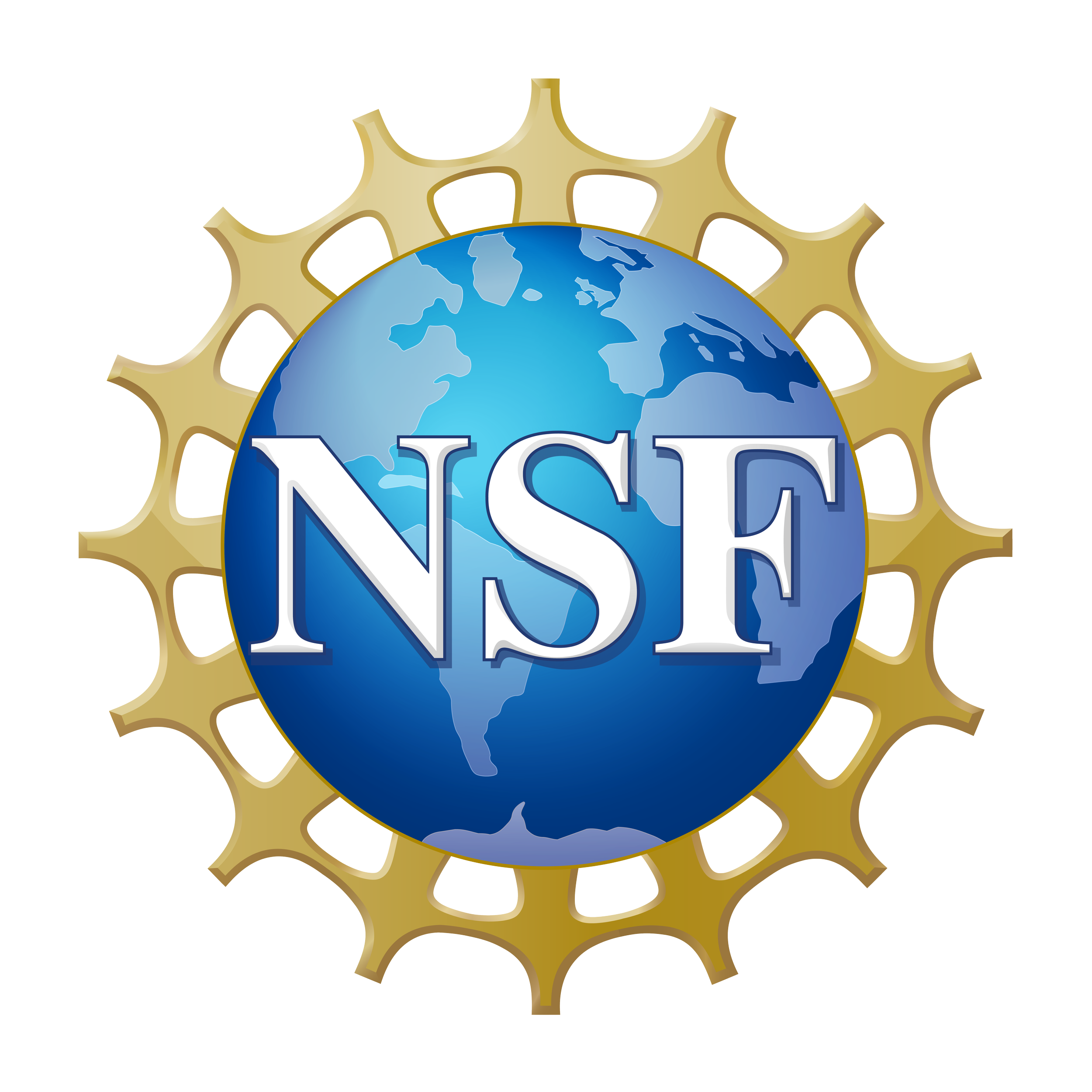Back in October, Center of Excellence Director Jason Petrait visited Washington D.C. to attend the National Science Foundation’s annual NSF ATE Principal Investigator Conference. While there, he heard from NSF leadership that they expected funding increases and new opportunities in STEM fields for community colleges and other community-based institutions. These meet that expectation and show the depth and breadth of NSF’s commitment to STEM and our education system. Interested in assistance in applying? Contact us.
Partnerships for Innovation – 55 awards, $30,000,000 total funding. Five focus areas: (1) identifying and supporting NSF-sponsored research and technologies that have the potential for accelerated commercialization; (2) supporting prior or current NSF-sponsored investigators, institutions of higher education, and non-profit organizations that partner with an institution of higher education in undertaking proof-of-concept work, including the development of technology prototypes that are derived from NSF-sponsored research and have
potential market value; (3) promoting sustainable partnerships between NSF-funded institutions, industry, and other organizations within academia and the private sector with the purpose of accelerating the transfer of technology; (4) developing multi-disciplinary innovation ecosystems which involve and are responsive to the specific needs of academia and industry; (5) providing professional development, mentoring, and advice in entrepreneurship, project management, and technology and business development to innovators.
Scholarships In STEM Network – 5 awards, $15,000,000 total funding. NSF will fund several S-STEM Research Hubs. The S-STEM Network will collaborate to create synergies and sustain a robust national ecosystem consisting of multi-sector partners supporting domestic low income STEM students in achieving their career goals, while also ensuring access, inclusion, and adaptability to changing learning
needs. The Hubs will investigate evolving barriers to the success of this student population. It will also disseminate the context and circumstances by which interventions and practices that support graduation of domestic low-income students (both undergraduate and graduate) pursuing careers in STEM are successful.
Future Manufacturing – $27,000,000 total funding. The goal of Future Manufacturing is to support fundamental research and education of a future workforce to overcome scientific, technological, educational, economic, and social barriers in order to catalyze new manufacturing capabilities that do not exist today. Future Manufacturing imagines manufacturing decades into the future. It
supports research and education that will enhance U.S. leadership in manufacturing by providing new capabilities for established companies and entrepreneurs, by improving our health, quality of life, and national security, by expanding job opportunities to a diverse STEM workforce, and by reducing the impact of manufacturing on the environment.
